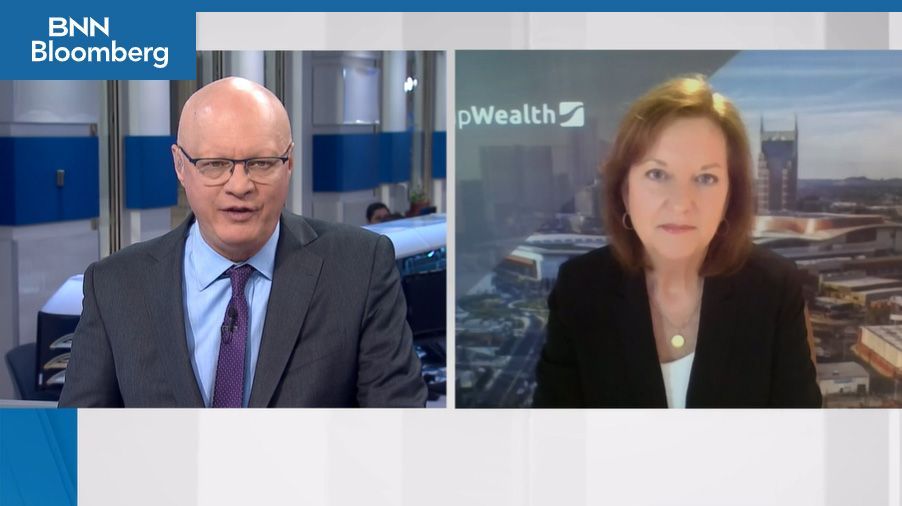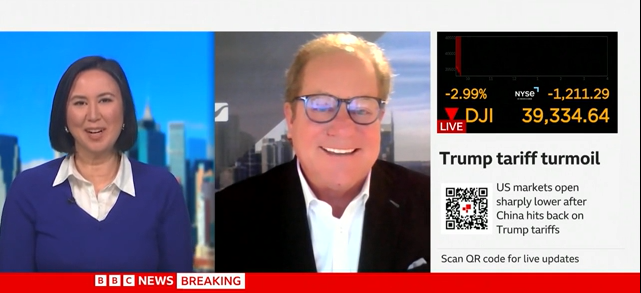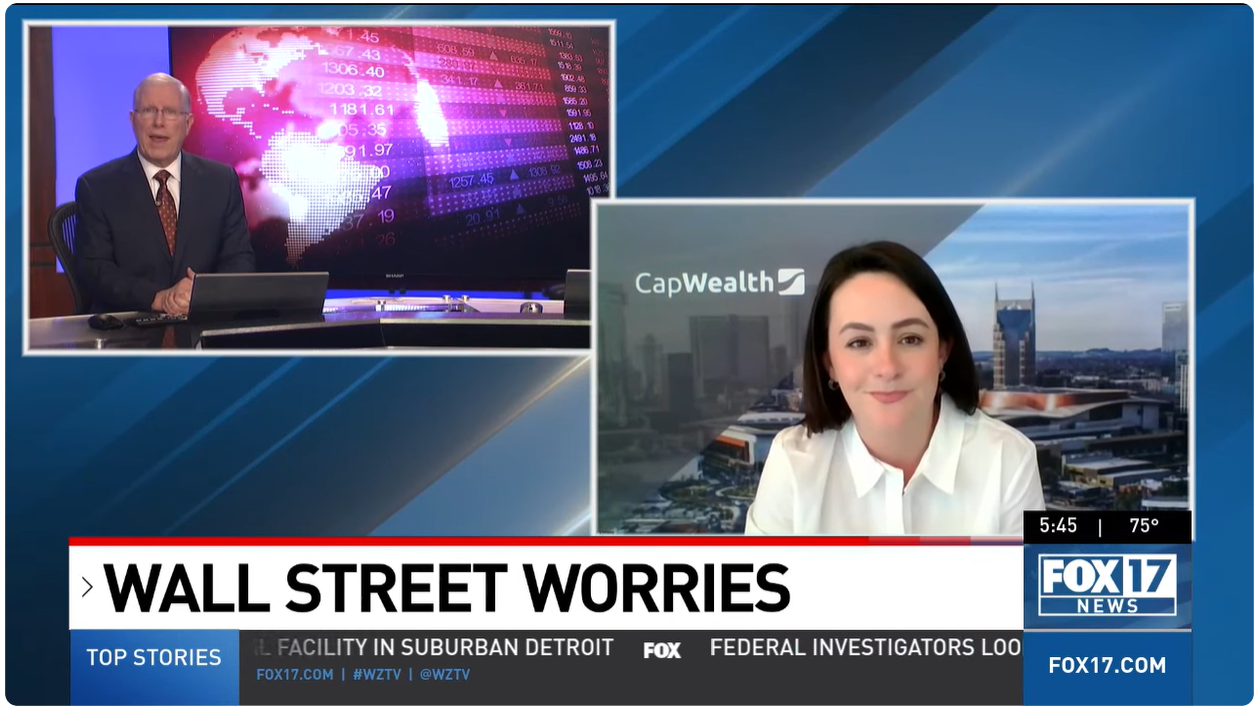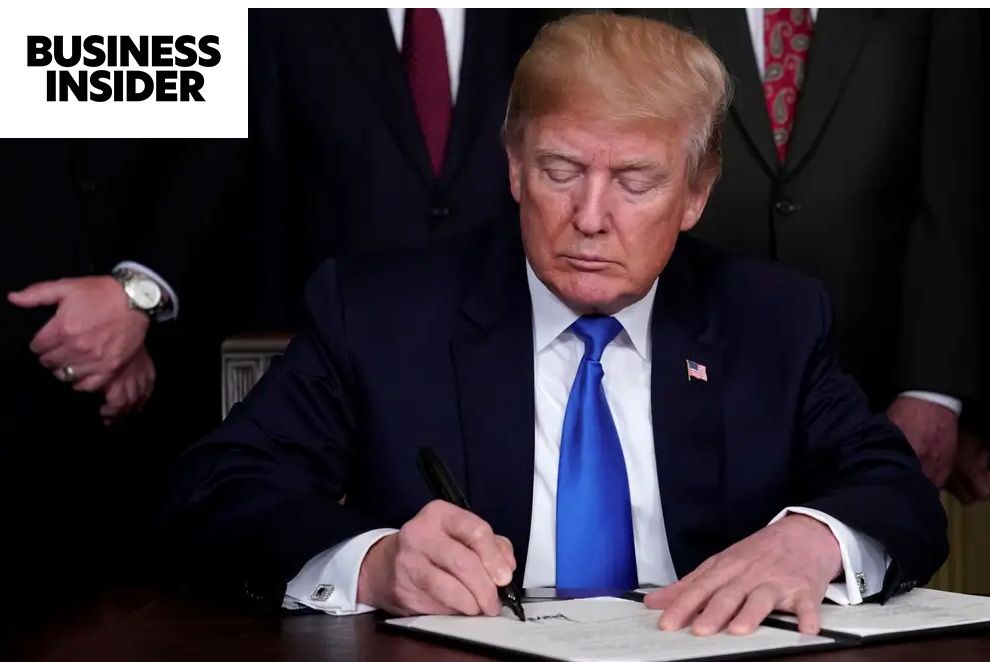Unfortunately, the Tooth Fairy mixes money, magic
September 11, 2015
Do you remember when you lost your first tooth? The only thing fun about it was the cash reward from that bewitching benefactress, the Tooth Fairy.
It’s a centuries-old ritual. Imagine how many 5-year-old faces have lit up with joy upon finding that money has magically appeared under the pillow in exchange for a tiny chunk of calcium phosphate. And with a total of 20 baby teeth, that miraculous enamel-and-dentin-hoarding pixie comes back 19 more times! There’s no doubt about it, the Tooth Fairy is fun stuff for kids and parents.
The problem is, it’s the equivalent of teaching children that money does indeed grow on trees.
Confusing messages
Fairy tales — be they about generous sprites, bunnies or rotund, white-bearded men — can send confusing messages to our children about money and magic. They set unrealistic expectations on how money is acquired and what it is worth.
But the good news is that visitations from the Tooth Fairy also can be turned into basic but instructive lessons on finance. If you follow my column, you’ve heard me say: 6 years old is not too young to begin teaching your child about spending, saving, investing and charitable giving.
Set boundaries
Let family members — and other parents — know your boundaries.
Parents often get their first glimpse of the power of peer influence on the Tooth Fairy’s inaugural visit. Some parents may even hear this for the first time: “But Mooooommmm, everyone gets more than I do!” Yes, even preschoolers compare notes and thus the influence of the outside world begins.
Parents should consider talking to the parents of their child’s neighborhood pals, classmates, soccer teammates, etc., which are often the parents’ own social circles, too, about making a pack about how much a tooth is worth. In today’s world of social media, it’s easy.
By opening a dialogue, you break the parental isolation that can be harmful to your child. Not all parents will agree that the Tooth Fairy shouldn’t pay more than $2. That’s OK. The most important thing is that the discussions will prod these parents to think about the expectations and lessons they’re giving their own children and, by extension, yours.
Even if that conversation isn’t feasible, parents need to let other family members — especially grandparents — know your boundaries when it comes to money and gifts. They need to respect the critical lessons you’re teaching your children about life.
Misdirected magic brings mischief
My son lost his first tooth at home and our generous Tooth Fairy left a crisp $1 bill under his pillow. His second tooth was lost at his grandparent’s home, whereupon their profligate Tooth Fairy left $20. Yes, $20 for one tooth.
When my son came home, he demanded to know why there was such a difference and could it please be arranged that he would go to Grandma’s house every time he had a loose tooth? His grandparents’ good intentions led to a difficult situation as I struggled for an explanation that made sense to my indignant child.
The price of a tooth at age 5 or 6 is just the beginning — there will be birthdays, holidays, bar and bat mitzvahs, first cars, proms and more. Rites of passage don’t have to become more and more extravagant over time.
And if you’ve been good about using both special and banal occasions to teach your child about money and your family’s money values, your child will probably get it. Money doesn’t grow on trees and or arrive by fairy express. One day, they’ll even appreciate it.
What is the going price of a tooth?
According to the Delta Dental Plans Association’s annual Original Tooth Fairy Poll, the Tooth Fairy left an average $4.36 per tooth last year. Another annual national survey, this one conducted by Visa, reported an average of $3.40 per tooth in 2014 and $3.19 so far in 2015.
Why the disparities between the two surveys? Blame it on the high rollers of molars like my in-laws. Within a small sample set — around 1,000 households for Delta and 4,000 for Visa — these $20 and $50 outliers can really skew the average.
In fact, guess what both surveys say is the most common amount given per tooth? A single buck.
Phoebe Venable, chartered financial analyst, is president and COO of CapWealth Advisors LLC.













